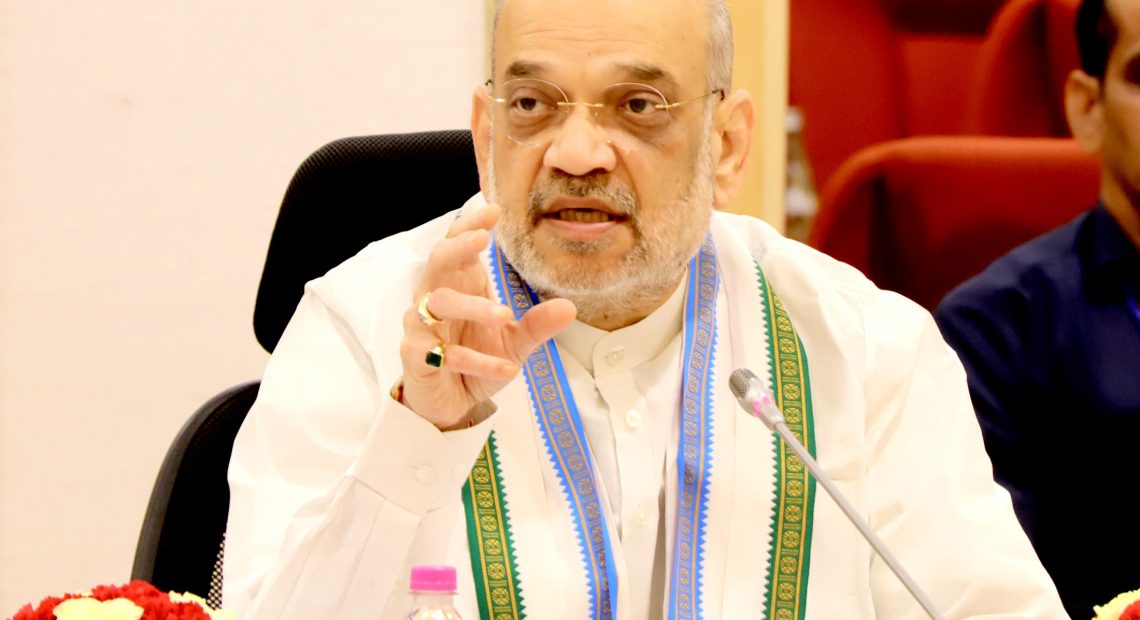
Amit Shah Unveils Vision for 20-Year National Cooperative Policy
Union Home and Cooperation Minister Amit Shah has announced that the National Cooperative Policy 2025–2045 will be launched soon, outlining an ambitious framework to transform India’s cooperative sector over the next two decades. Central to this policy is the goal of establishing at least one cooperative society in every Indian village and the creation of 2 lakh Primary Agricultural Credit Societies (PACS) by February 2026.
Shah emphasised that the cooperative movement—deeply rooted in India’s rural economy—needs a modern, digital, and structured boost. The policy is expected to serve as a guiding document for state governments, which will be required to implement their respective cooperative frameworks by January 31, 2026. These will be aligned with a Model National Cooperative Policy Act to ensure consistency and relevance across India’s diverse socio-economic landscape.
Digital Transformation and Structural Reforms
One of the key focus areas is the digitisation of over 65,000 PACS, intended to increase transparency, reduce nepotism, and ensure better financial discipline. Shah underlined the importance of bringing all PACS under a technology-driven platform to enable efficient credit delivery and performance monitoring.
Additionally, the government plans to empower urban cooperative banks and expand their service range while ensuring they operate under transparent regulatory frameworks. The policy will also facilitate the establishment of shared services centres to support smaller cooperatives and provide access to legal, financial, and technical expertise.
Capacity Building and Natural Farming
The new cooperative roadmap will enhance the role of Tribhuvan Sahkari University, which will become the central coordinating body for cooperative training institutes across the country. Skill development and professional training will form a major pillar of the policy to equip cooperative members with the expertise needed for sustainable operations.
Shah also highlighted efforts to link cooperatives with the natural farming ecosystem, fostering synergy between the Ministry of Cooperation and the Ministry of Agriculture. The policy will encourage farmers to adopt sustainable practices through cooperative structures.
New-Age Cooperatives and Export Push
The upcoming policy will support the creation of national-level cooperatives for organic farming, seed production, and exports, tapping into global markets while empowering grassroots producers. These entities will be backed by government support and structured as member-owned institutions to ensure inclusivity and profitability.


















